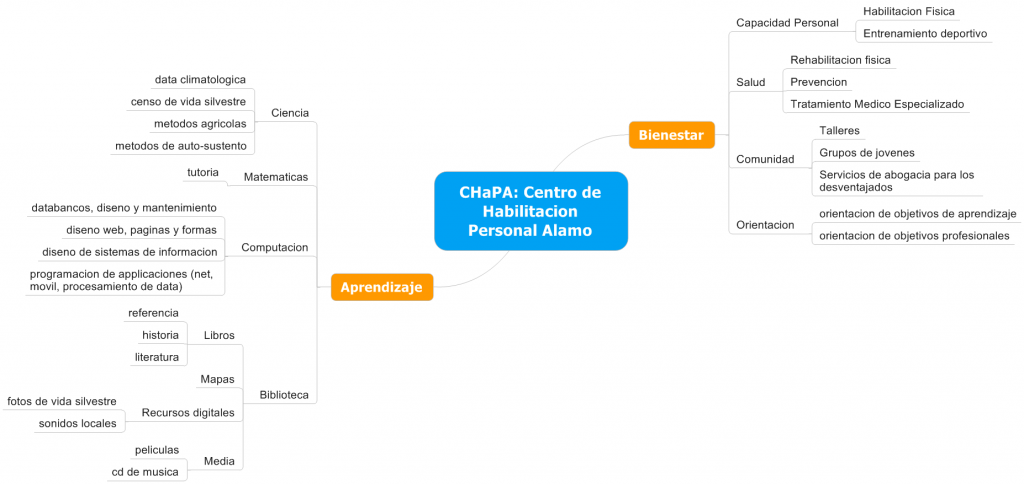Here is my summary on the last meeting of Solar WA in Seattle.
Four companies presented, the focus being on Manufacturing in Washington, the U.S. and the incremental adoption opportunity in WA now that costs are coming down. The firms represented all discussed in one way or another the design modifications they’d made to their panels, the benefits to quality through local manufacturing, improved durability (through testing with NREL, to obtain ETL certification); and, the value of warranties extended by the manufacturers themselves (unlike warranties offered through 3rd party contractors–Chinese manufacturing), as a result of those findings.
Midnite Solar‘s owner presented an overview of their manufacturing capacity in Arlington. They specialize in arrestors, capacitors, inverters and they are now focusing on a new micro-inverter, along with the capacity to disconnect the panels to deal with home fires/firemen requirements.
Out Back Power has been expanding their reach worldwide to Asia and Africa. Their specialty is in converters and inverters. The Puget Sound sales manager presented some of their models.
Highlights of their products include plug-and-play installation design: no screws to connect wiring (they use spring-loaded pin slots, like you would use to connect your speakers); field upgradeable modularity of their firmware (inverter and controller modules–you can download an upgrade to a smart card and connect it to the memory card slot on the device); the capacity to connect controllers to an ethernet to allow for remote logging of energy use, or otherwise put a smart card into the controller to collect a log of use data; and, the ability for multi-user access controls (missed the specifics on that feature). more at http://mate3.dyndns-web.com.
Top quality of panel design goes to Silicon Energy, whose panels are thinner, have been unable to be destroyed, have the greatest power harvesting (generation) proposition (better distributed capacity on the cells), lowest risk of overheat, no moisture absorption (they changed the plastic backing which was absorbing moisture/air), are thinnest, and have the greatest capacity to clear off individually in areas of snowfall. The panels are being certified to a 40 year life–NREL couldn’t destroy the until the 60th year of exposure, or some such (they begged NREL to keep going beyond the initial reqs).
iTek Energy is a conglomerate run by business investors that outsourced the design of their solar panel. they are still awaiting results of durability testing; and, are keeping things under wrap. They are about to start up and are resourcing a manufacturing installation in Bellingham.
The particular focus of this group is in lining up the installation and promotion of solar as a credit incentive during the development of new planned communities in Bainbridge. Schemes for two such communities were presented, in which the developer was tying up with iTek to supply the solar panels and integrate home-monitoring panels within the homes. What struck me was that they were at this time only using a digital panel along the lines of an HVAC control unit at home. I didn’t get the sense that this design was moving in the direction of using web-based interfaces. Yet, I got a chance to discuss the notion of community shared (module controlled) power with Kelly, their product development manager, and he suggested in Washington PSE will push back for a mandate for virtual net meetering; although, California already has a mandate to promote collective resource sharing monitoring. He also said they are working with a company I believe he said was One People Power that was part of the whole bit on home use monitoring, and whom might be a good resource to hear more about shared community power management services.
Also discussed were other services such that would help reduce the losses that arise and are increasing through panel theft. Someone in the audience suggested that perhaps there was room for a GPS solution to add to the panels for tracking.
